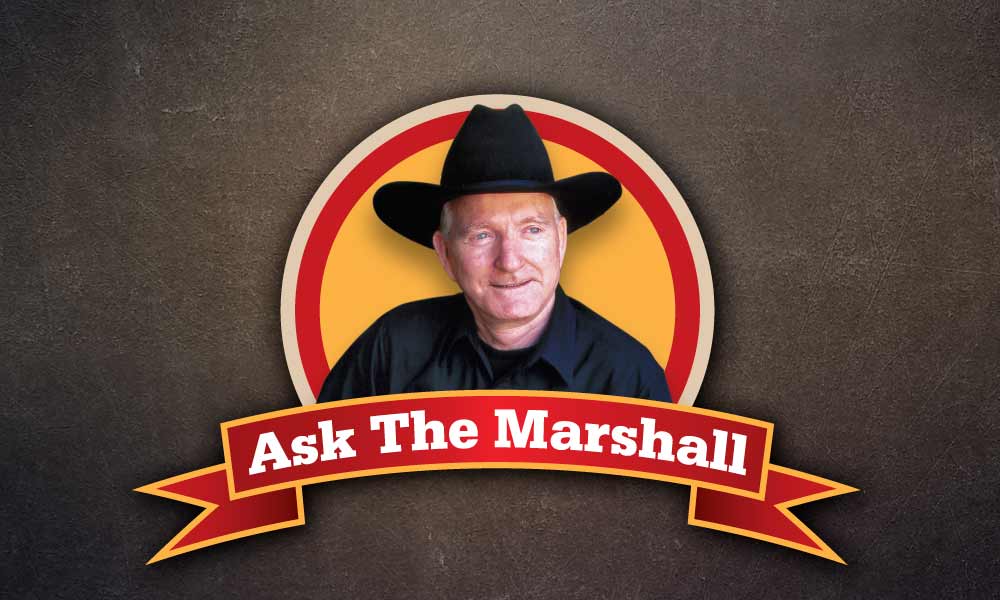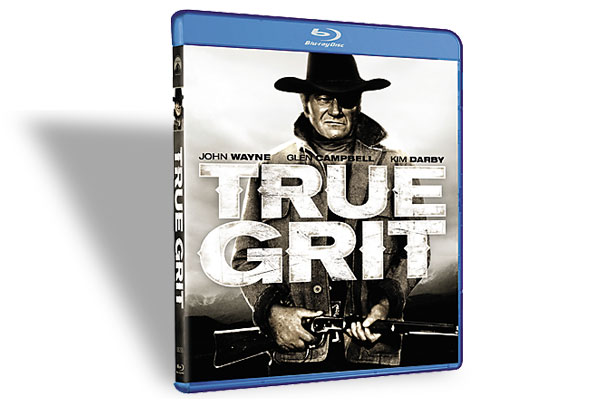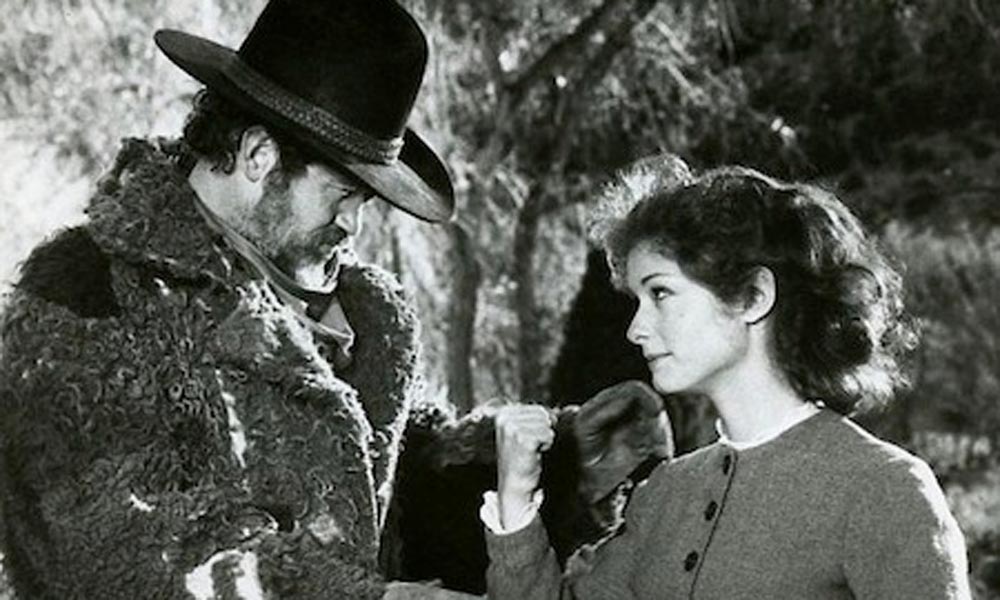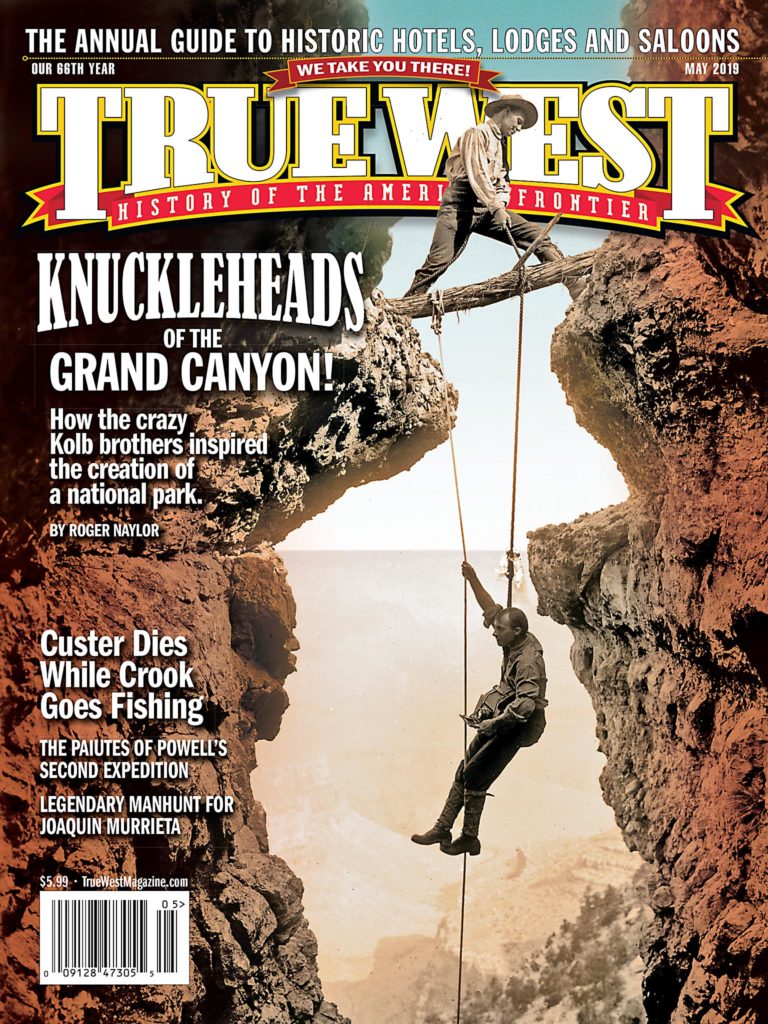How accurate was the language in the 2010 version of True Grit?
Scott Bachtold
Hudson, Illinois
You’re probably referring to the fact that many of the characters don’t use contractions in their speech. The movie’s dialogue is pretty true to the language used by author Charles Portis in the novel, but people during the frontier period often used contractions, especially in informal speech.
There’s little doubt that language in this version of True Grit sounds archaic, as if it came from an earlier period in history. That’s more of an artistic license device; it’s not authentic to the time and place.
Looking at it from the perspective of Mattie Ross, who is telling the story in the 1920s, she would be writing “won’t” instead of “will not” about a third of the time and “don’t” instead of “do not” about 60 percent of the time.
For many years contractions have been taboo in formal writing, but starting in the 1920s, some grammatical sacred cows are changing what most people find acceptable in writing.
Marshall Trimble is Arizona’s official historian and vice president of the Wild West History Association. His latest book is Arizona Outlaws and Lawmen; The History Press, 2015. If you have a question, write: Ask the Marshall, P.O. Box 8008, Cave Creek, AZ 85327 or email him at marshall.trimble@scottsdalecc.edu.





